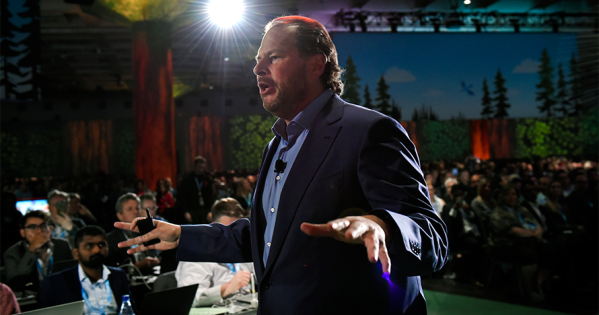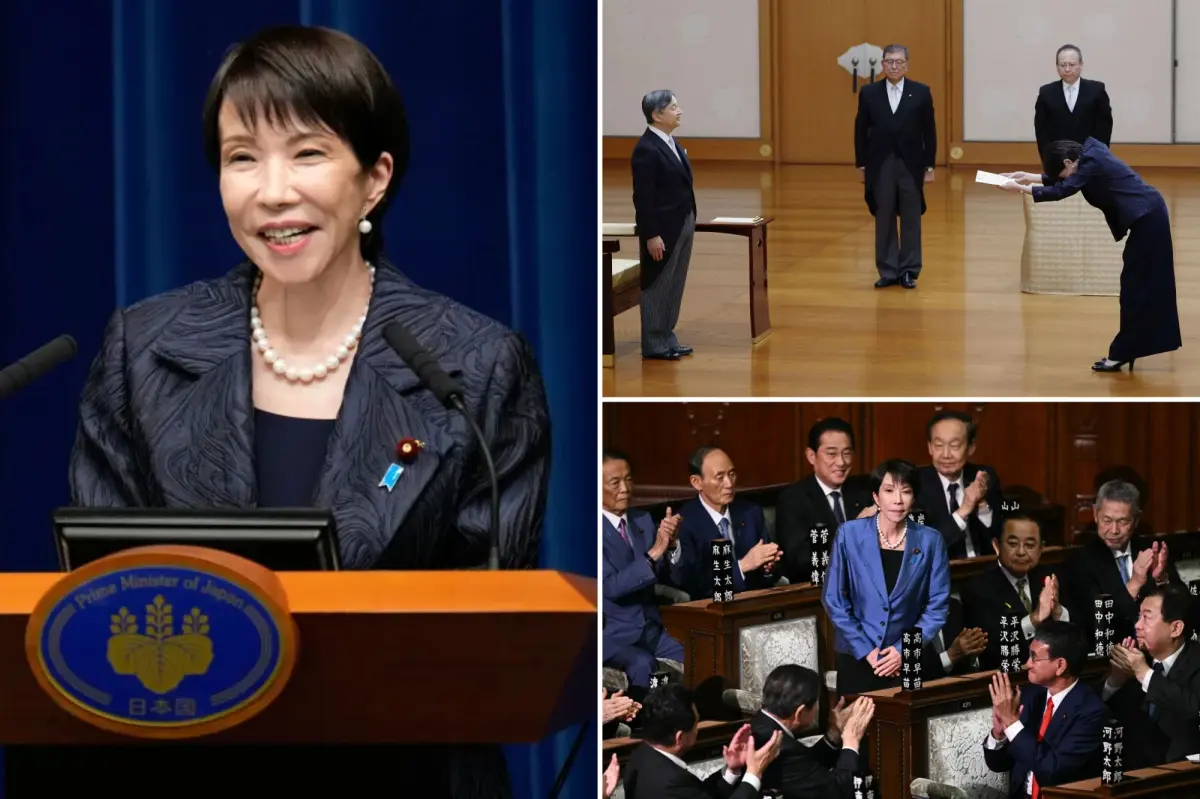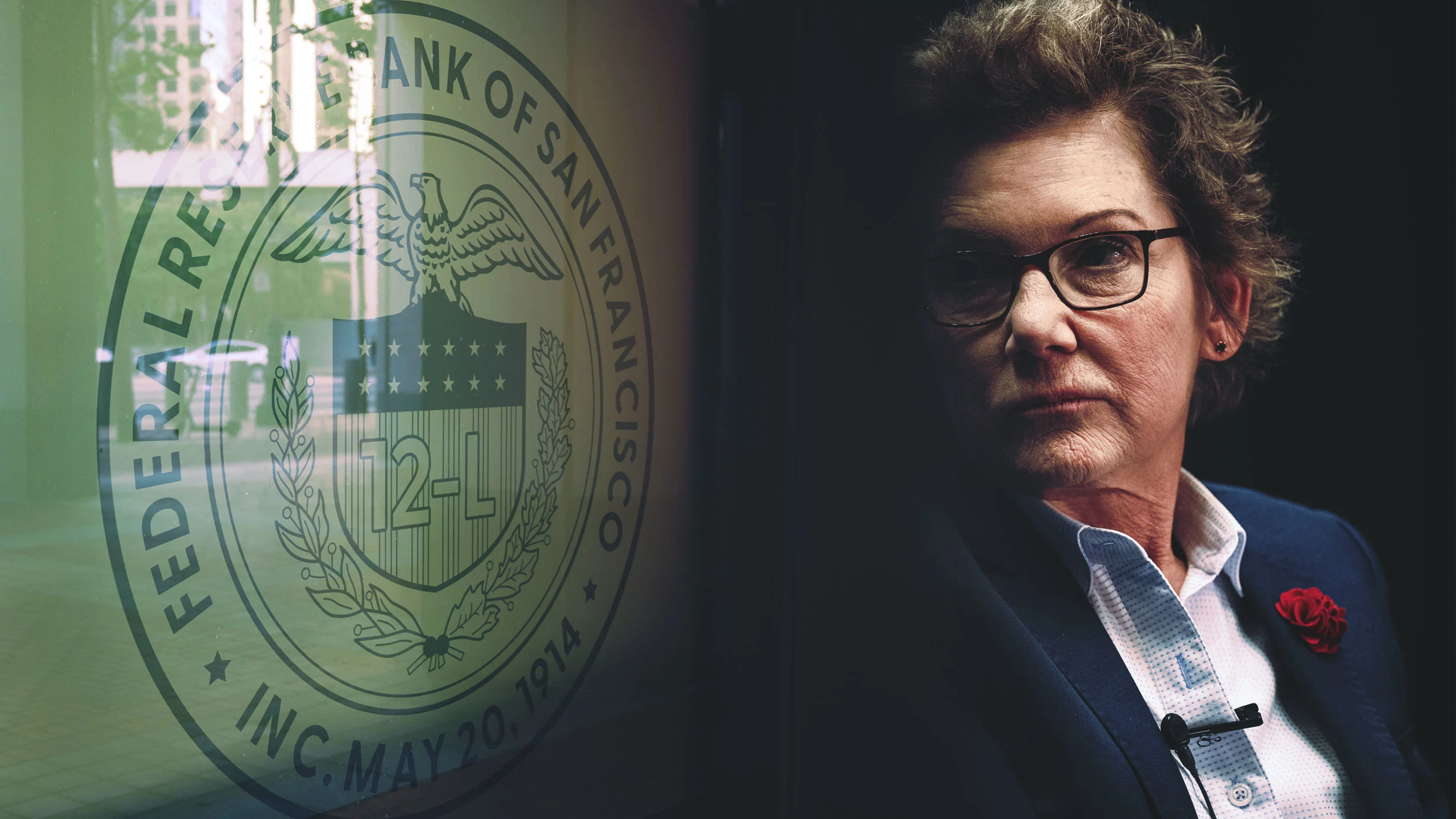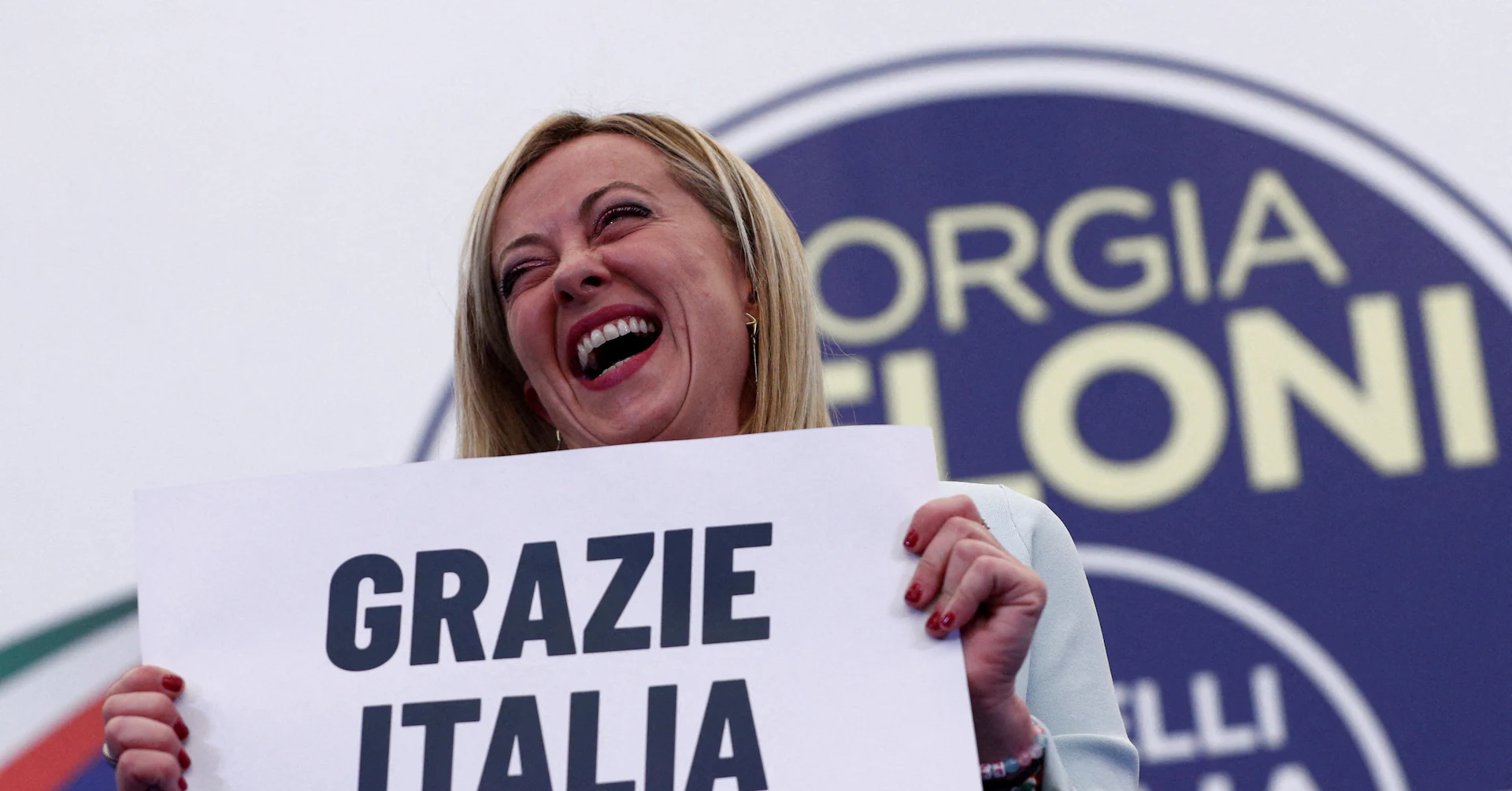Copyright Adweek

A week is an eternity in branding. Just ask Marc Benioff. For a decade, the Salesforce CEO has been the poster child for values-first leadership—a “global visionary” according to Yale’s Chief Executive Leadership Institute. The kind of tech billionaire who endorsed Hillary Clinton, campaigned for taxes to help the homeless, and wrapped himself in the rainbow flag of stakeholder capitalism. His personal brand was bulletproof. His company’s purpose-driven positioning was gospel. Then he sat down with the New York Times. Discussing security concerns ahead of Dreamforce—Salesforce’s annual San Francisco lovefest—Benioff suggested President Trump send in the National Guard. “We don’t have enough cops, so if they can be cops, I’m all for it,” he said. Then, lest anyone miss the point: “I fully support the president. I think he’s doing a great job.” The context matters here. This wasn’t a scripted keynote or carefully crafted statement. It was an off-the-cuff remark during what should have been a routine corporate puff piece. The kind of interview CEOs do in their sleep. Instead, Benioff delivered a political hand grenade with the pin already pulled. The backlash was immediate and volcanic. Dreamforce should have been Salesforce’s moment. Fifty thousand attendees. Partnership with local law enforcement. Rock concerts, product launches, and civic boosterism—a technicolor spectacle perfected over two decades. Instead, it became a crisis management nightmare. Comedians withdrew. Board members resigned. Employees publicly questioned what their company stood for. Social media erupted. The very event Benioff was supposedly trying to protect became collateral damage in his self-made catastrophe. After seven days of fury, Benioff capitulated: “Having listened closely to my fellow San Franciscans and our local officials… I do not believe the National Guard is needed.” But the damage was done, and this new statement made it worse. His initial support for troops enraged the left. All those years of progressive posturing, all that carefully cultivated goodwill with San Francisco’s liberal establishment, incinerated with one careless comment. Employees who’d proudly worn their Salesforce badges now questioned whether they worked for a company aligned with their values. The brand equity built on stakeholder capitalism evaporated overnight. The subsequent reversal proved equally disastrous. The right-leaning media that had trumpeted Benioff’s comments a week earlier now turned on him with full force. Fox News mocked him for “folding faster than a bad earnings forecast.” Conservative commentators who’d briefly celebrated Benioff as a rare tech CEO willing to support law and order now painted him as spineless. One sneered: “This wasn’t an apology; it was a press release in yoga pants.” The right, having claimed him as an unlikely ally, felt betrayed and humiliated. It’s a lose-lose of epic proportions. Once you stumble too far down either political alley in America, any attempt to backtrack alienates both sides. I often wear a battered pair of Bud Light Crocs to the beach—partly for the withering look from my wife, but mostly because I’m fascinated with how they continue to generate contempt from both left- and right-leaning friends. Everyone hates those shoes. Dance with politics and you often lose half the market. Sometimes all of it. Then there’s the local damage, which may prove the most enduring. The San Franciscan media coverage has been perhaps the most savage. Salesforce went from being an upbeat note during difficult times to just another part of the city’s problems. And Benioff, who positioned his company as San Francisco’s “anchor institution,” now looks out of sync with the city, its politics, and his own previous statements. San Francisco forgives eccentricity but not betrayal. The damage to Benioff’s own strategic status is also significant. The carelessness of his initial comments; the speed of reversal suggesting zero conviction or depth; the incredibly bad timing; the self-inflicted nature of the entire fiasco. It’s difficult to think of a more significant or rapid reputational downgrade. The Salesforce brand is bigger than all of this, but its halo is slightly cracked. Employees feel embarrassed. Investors are wary. Purpose-driven brands don’t pivot politically without destroying their core. You can’t sell stakeholder capitalism one week and praise Trumpian troop deployments the next. It’s the corporate equivalent of Patagonia launching disposable plastic tents. The company’s gigantic revenue stream will continue to flow, but the reputational hit—especially among younger, values-conscious talent—will sting. Brand tracking will likely show Q4 declines in favorability, particularly on trust and values alignment. There’s also needless risk to Salesforce’s substantial government contracts. The administration Benioff sought to impress now sees a vulnerable CEO who caves under pressure and is publicly disloyal to You-Know-Who. And all of it is utterly, entirely self-inflicted. We’ve spent too long admiring leaders who excel at getting themselves and their brands involved above their station. The risk versus rewards of such prominence are asymmetrical. Marc Benioff gained nothing from his comments to the New York Times, but lost big. It’s time to celebrate quieter leaders. Tim Cook, who navigates politics with surgical precision. Jamie Dimon, who speaks on economic policy but avoids partisan theatrics. American Eagle’s Craig Brommers’ and his recent exemplar in the art of strategic silence. In these turbulent times, opportunities to take a stance will arrive daily. Journalists will bait you. Activists will pressure you. Your ego will whisper that your voice matters on every issue. Resist.



